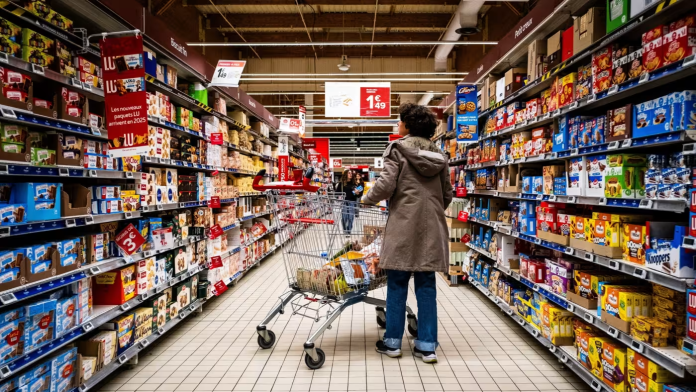Inflation across the eurozone rose to the European Central Bank’s 2% target in June, signalling an end to the era of runaway price growth, Euractiv reported.
The headline rate edged up from 1.9% in May, as declining energy and industrial goods prices counterbalanced persistent services inflation. The closely watched core inflation metric, excluding volatile food and fuel costs, held steady at 2.3%.
Services sector inflation accelerated to 3.3% from 3.2%, with prices rising 0.7% month-on-month, intensifying concerns about entrenched domestic price pressures. This development strengthens the argument of policy hawks who caution against undershooting risks diminishing.
The ECB has preemptively cut rates by two percentage points over the past year, with debate now centred on whether further easing is warranted given anaemic growth. Financial markets anticipate one additional reduction to 1.75% by year-end, followed by a holding period before potential increases in late 2026.
However, the outlook remains clouded by the escalating EU-US trade dispute. Eurozone growth remains fragile with full-year expansion projected below 1%, hampered by industrial stagnation, weak consumption, and subdued investment.
While US President Donald Trump’s tariffs have paradoxically eased eurozone price pressures through dollar weakness and redirected Chinese exports flooding European markets, sustained trade barriers risk triggering reciprocal EU measures.
Such retaliation would likely prove inflationary as firms reorganise supply chains, increasing production costs. Analysts note trade tensions could simultaneously depress oil prices on recession fears, further complicating the inflation trajectory.
